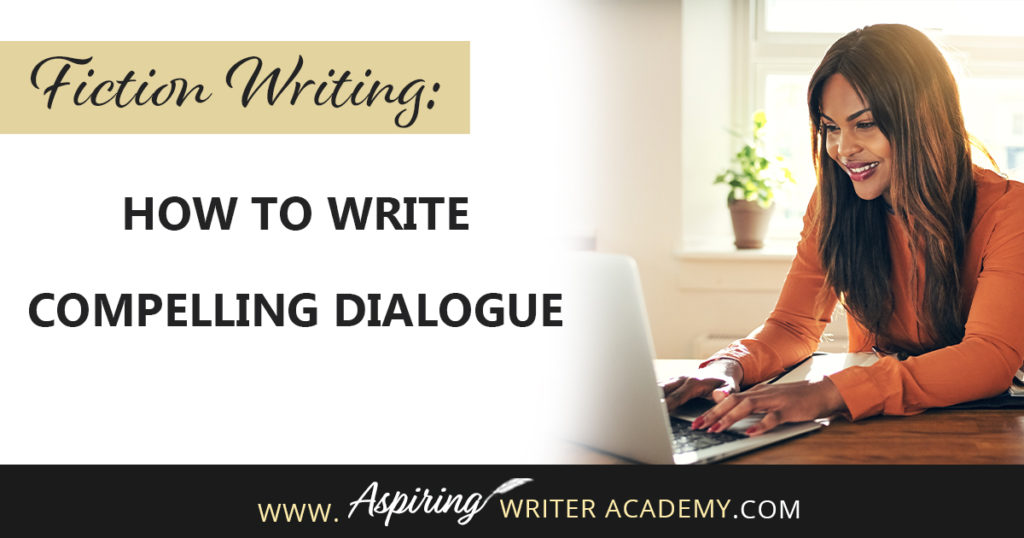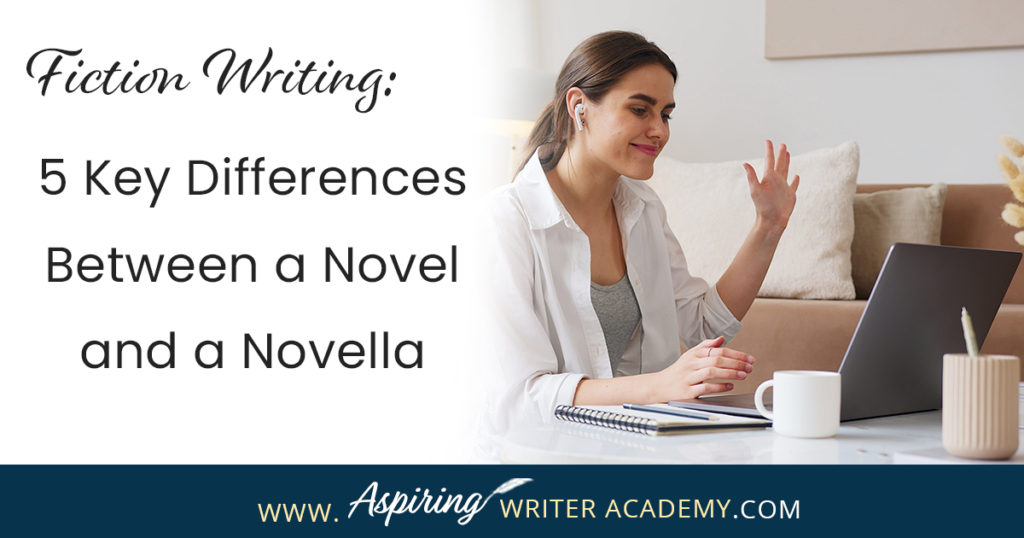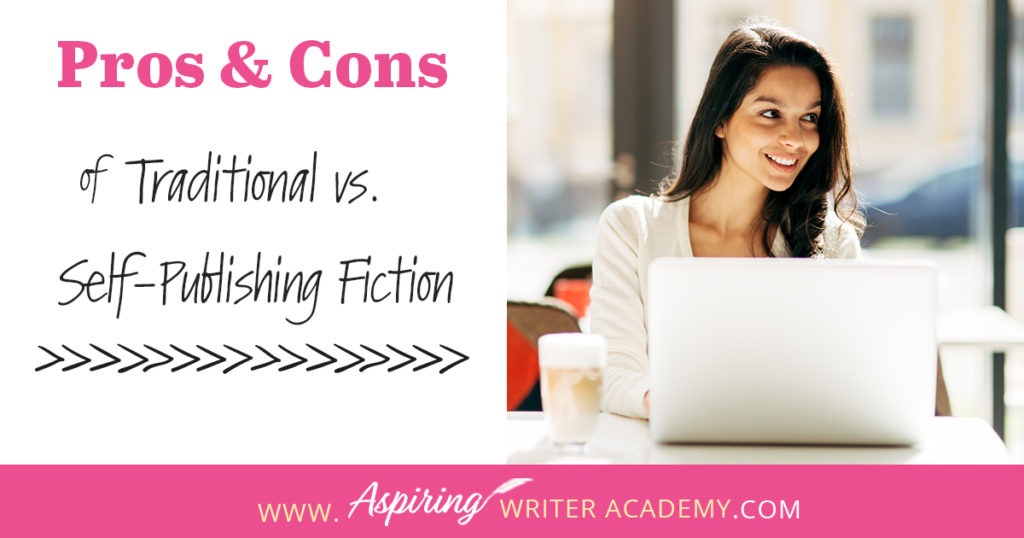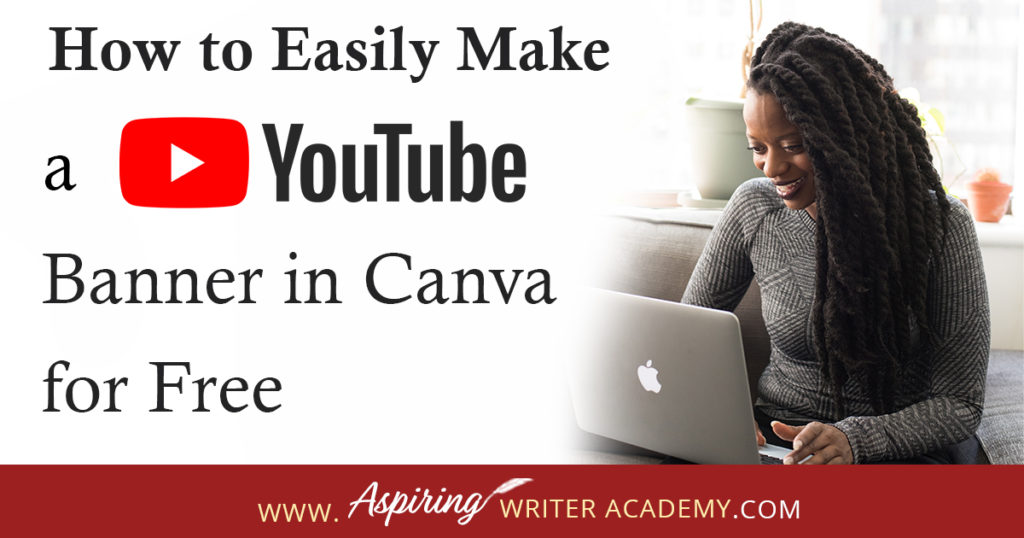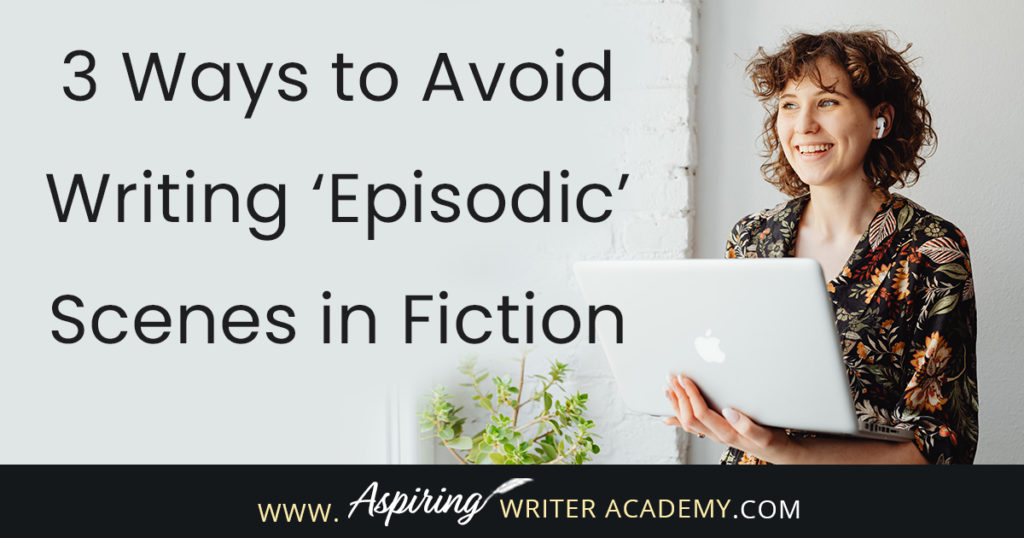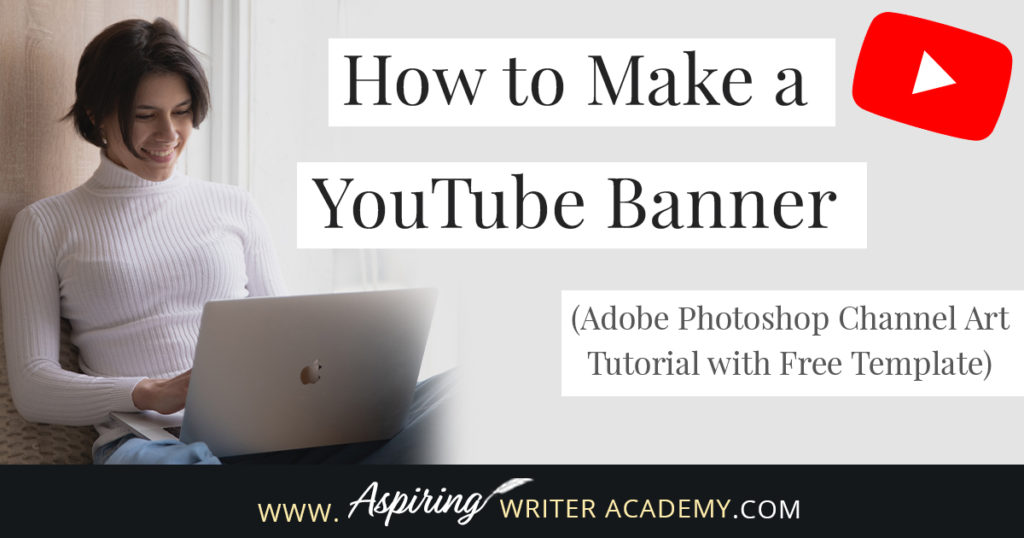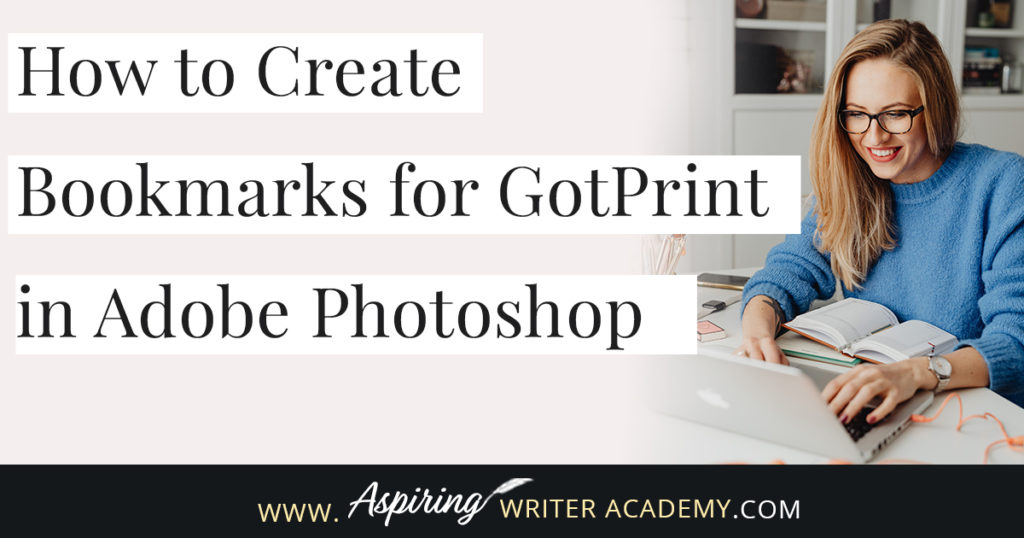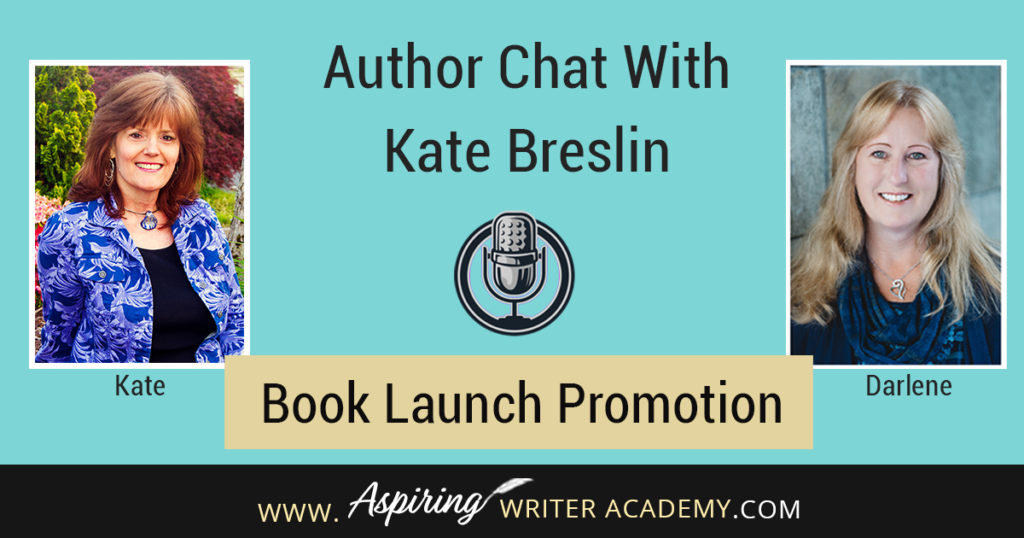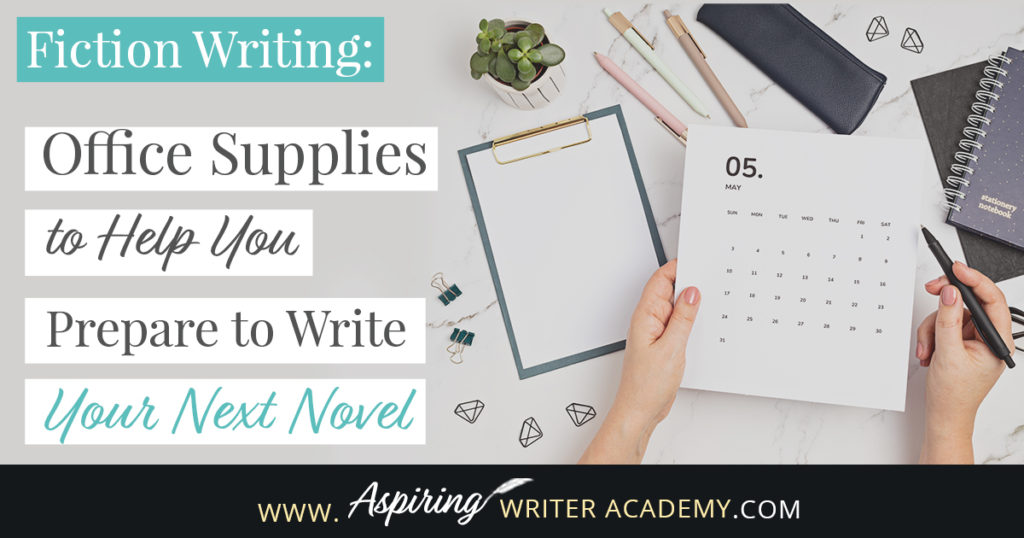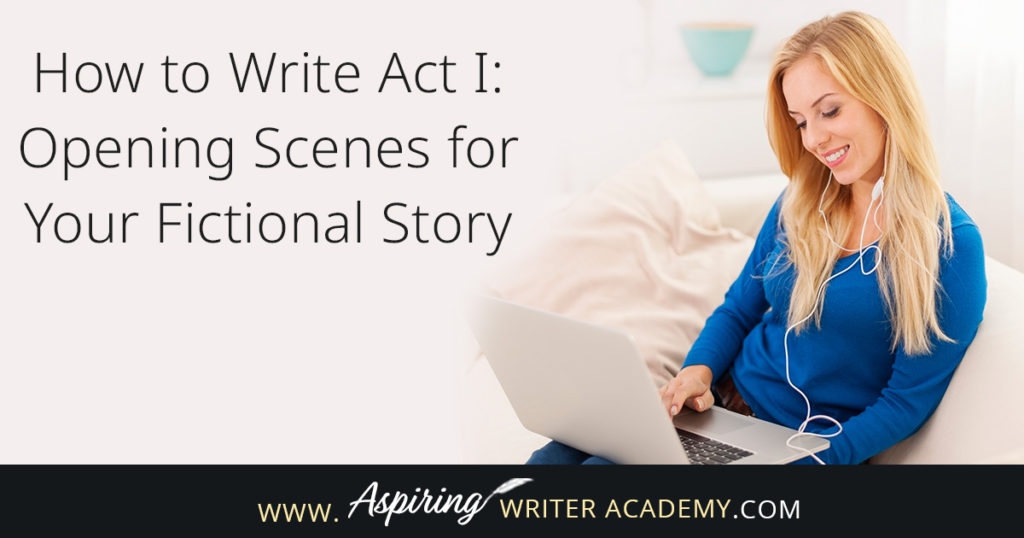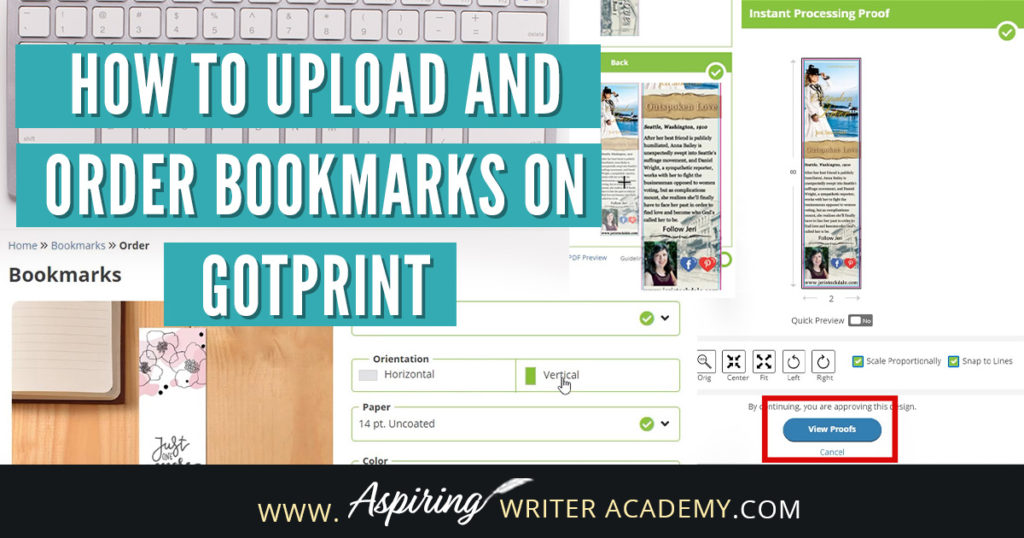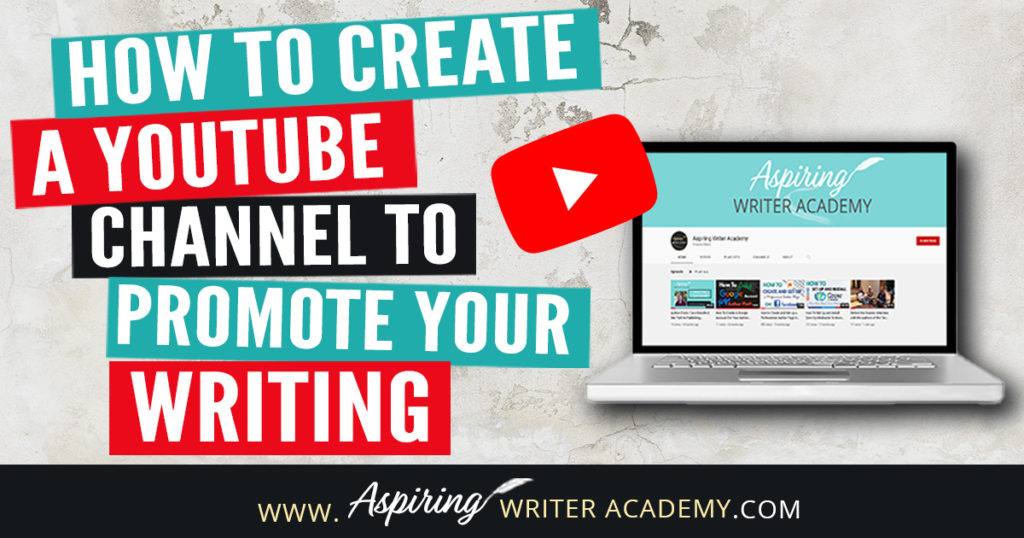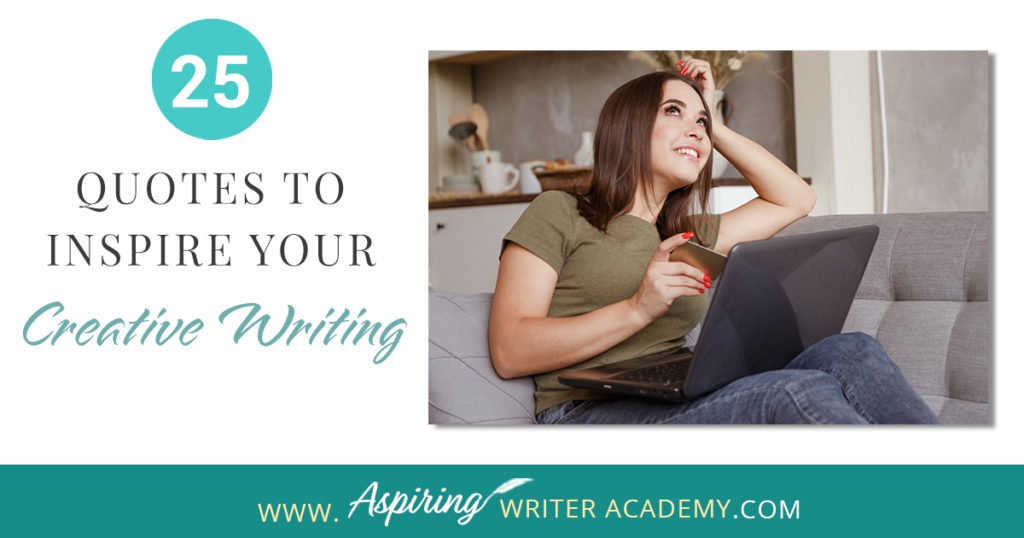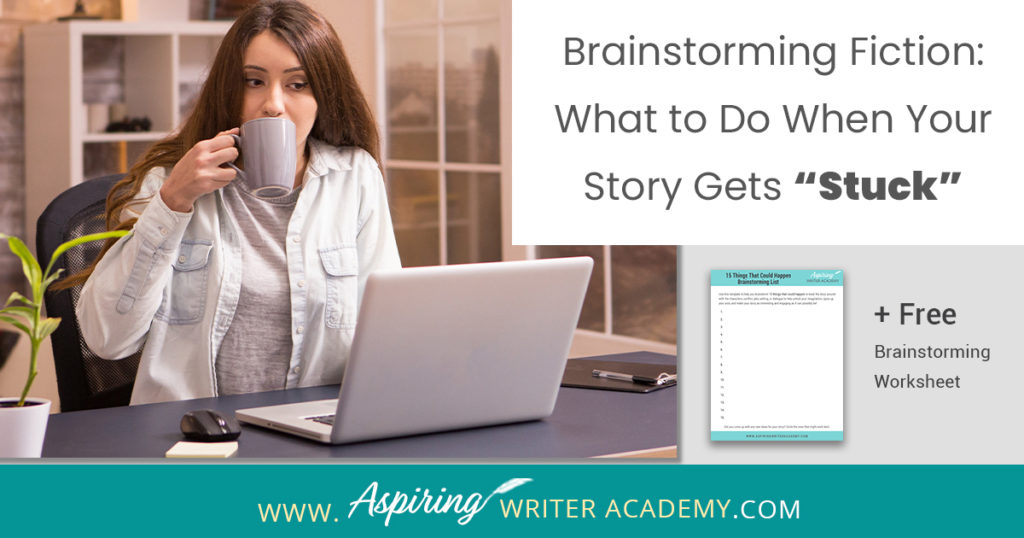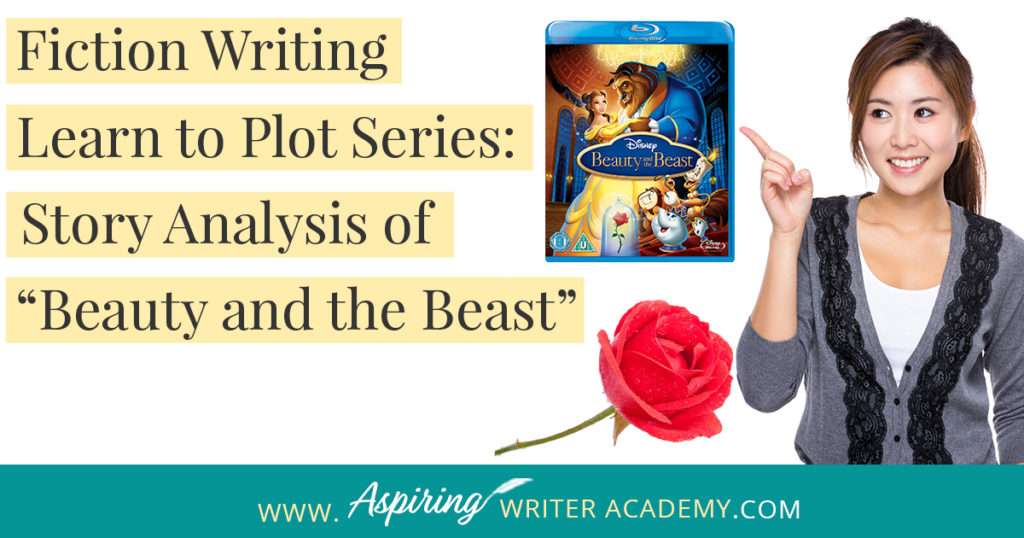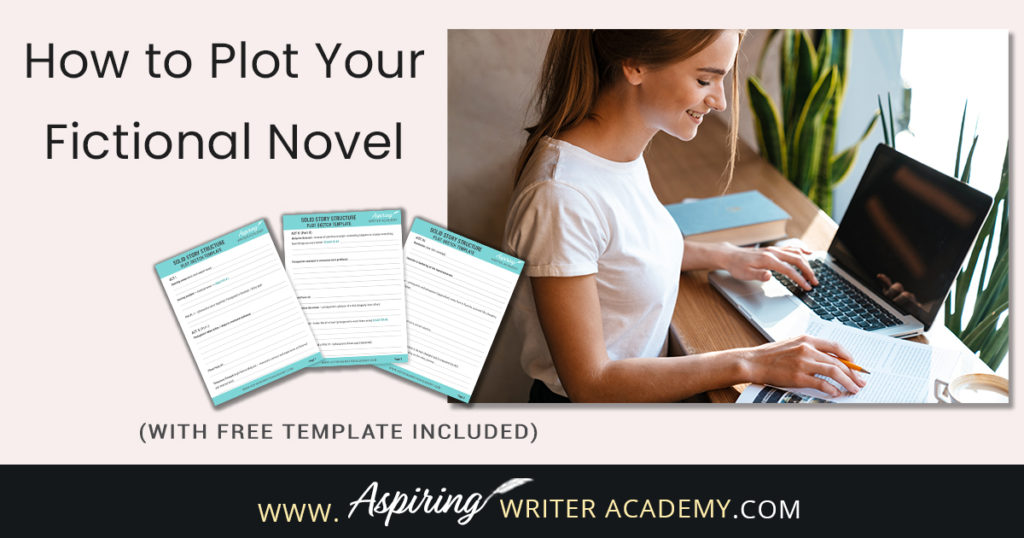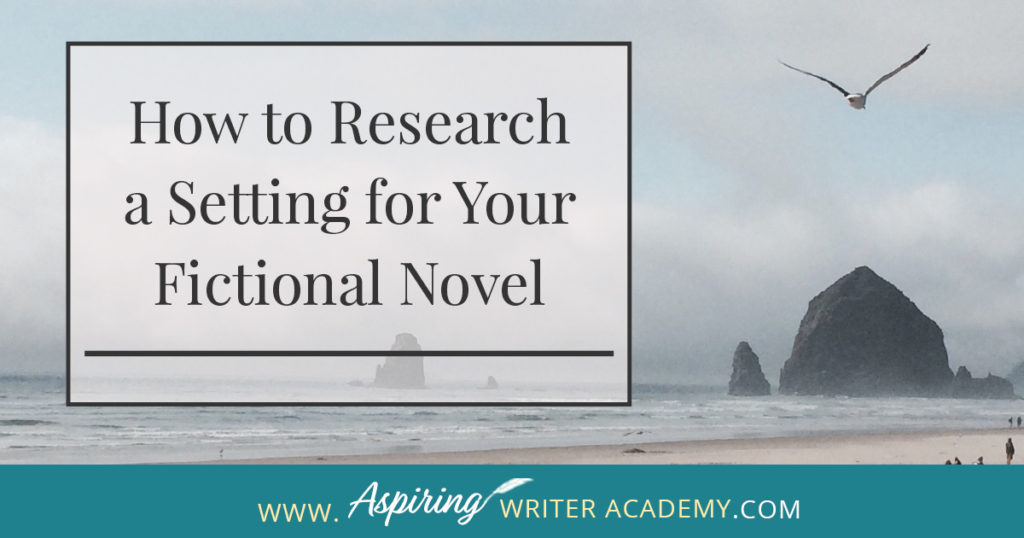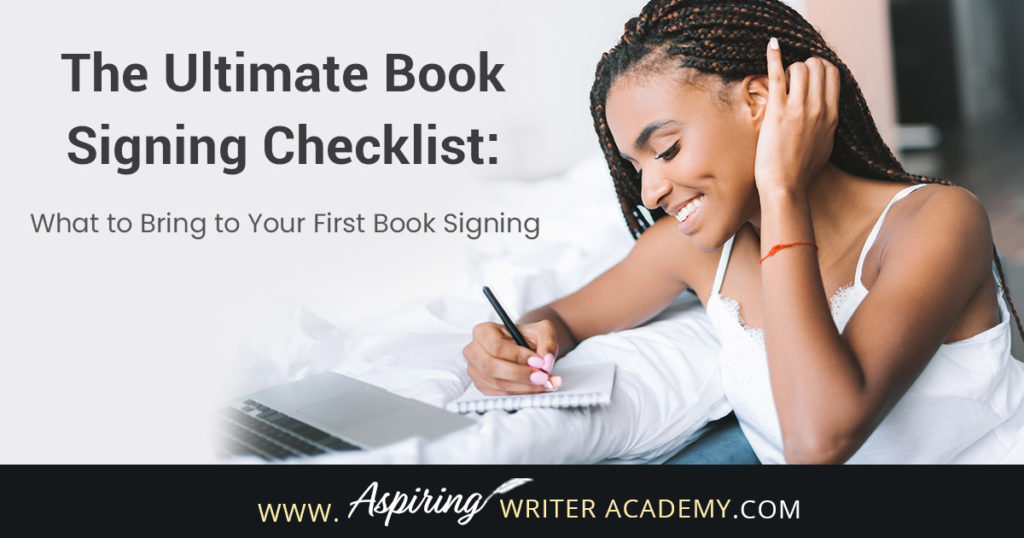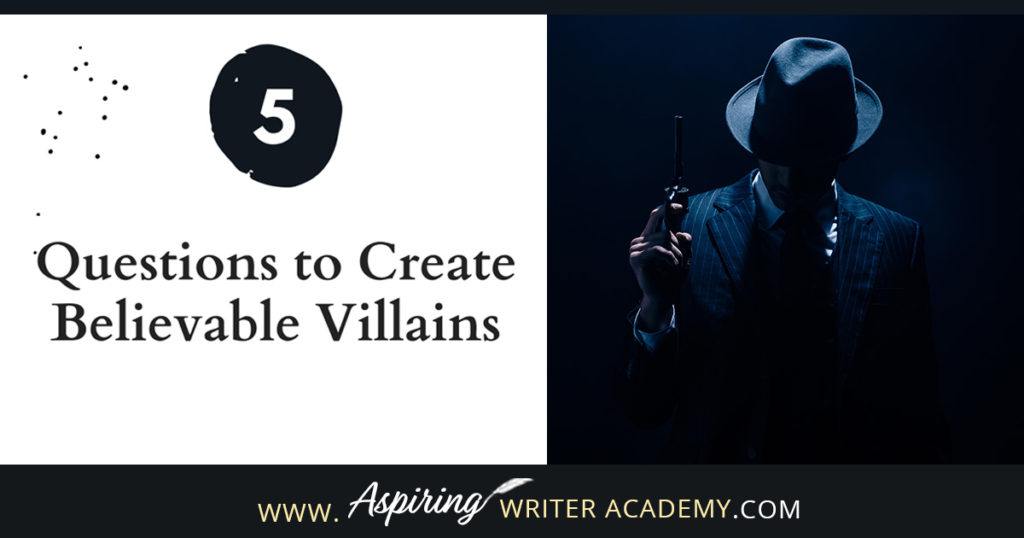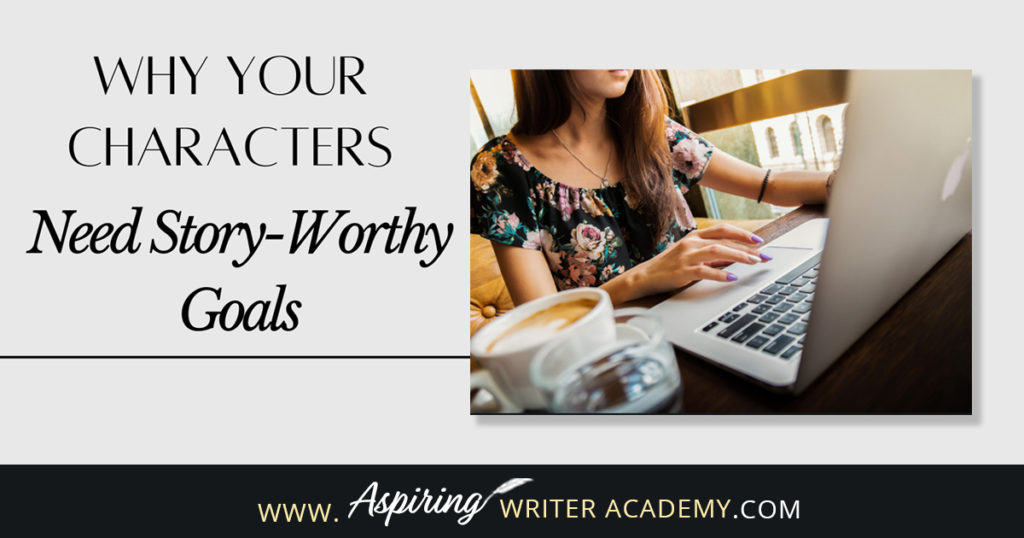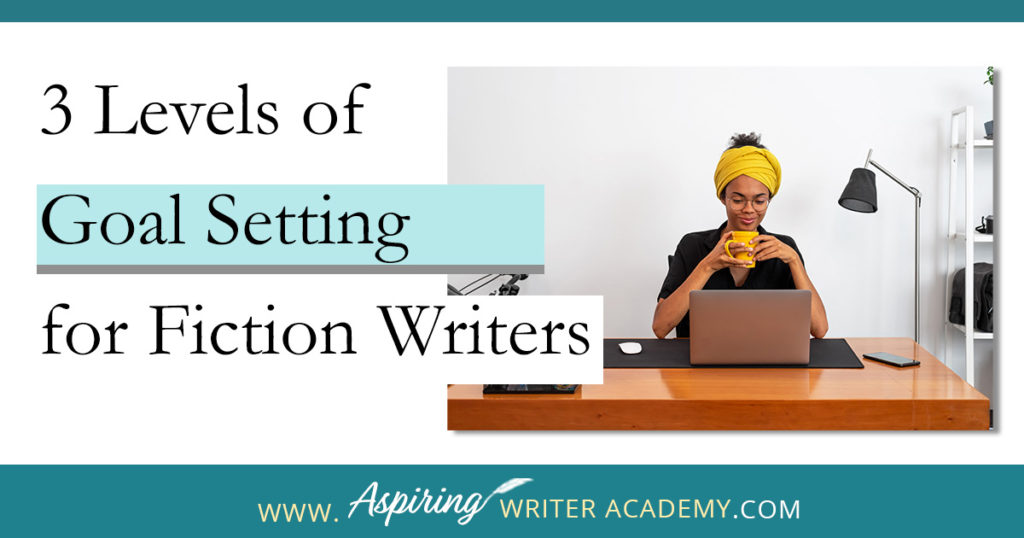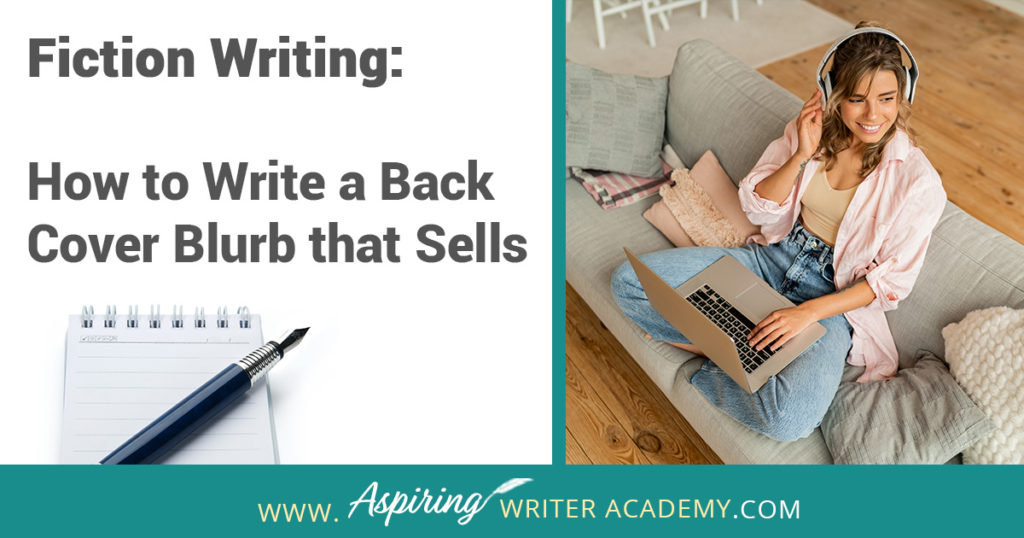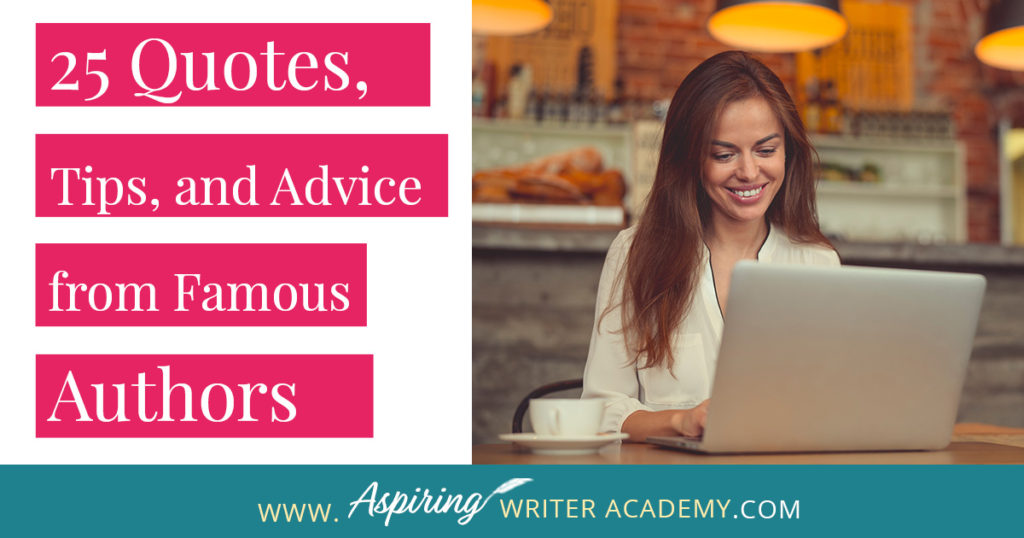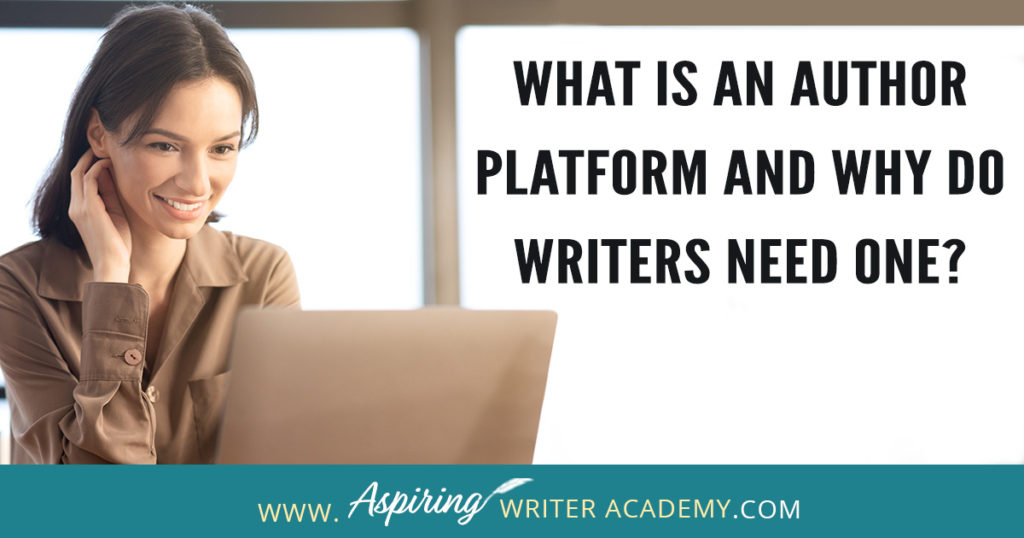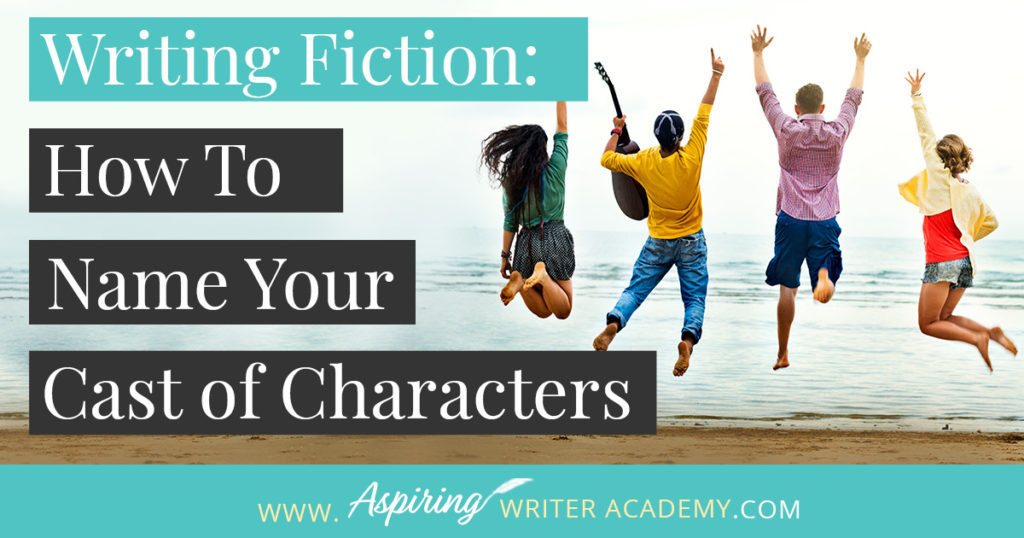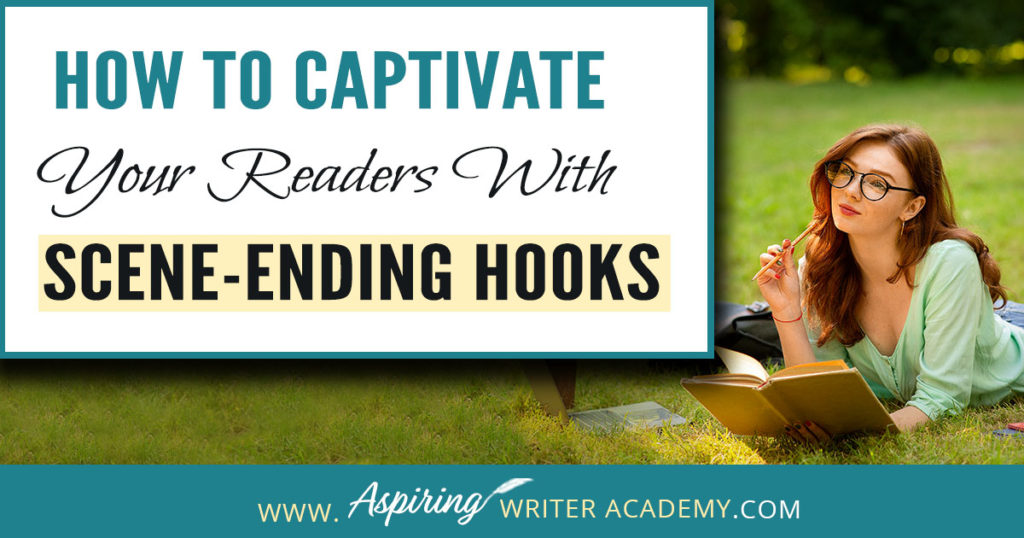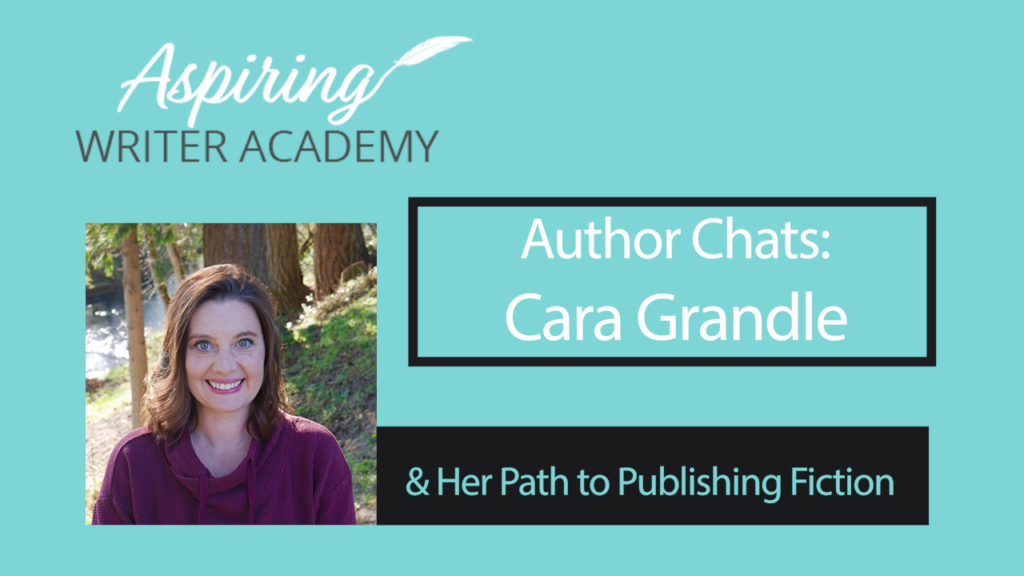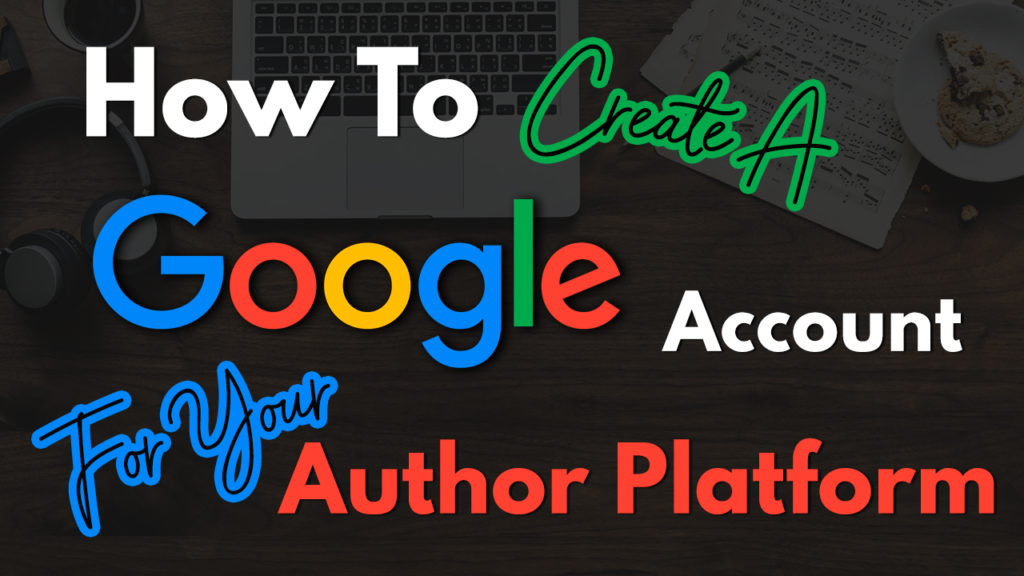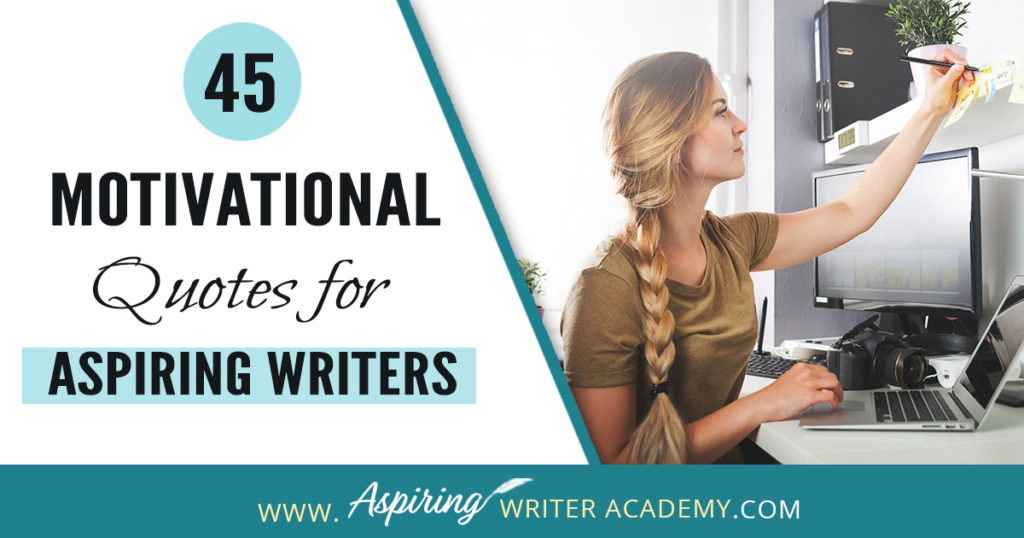Fiction Writing: How to Write Compelling Dialogue
Have you ever read a book where the characters’ dialogue put you to sleep?
If you write fiction, this is not something that you want anyone to say about your stories!
In our post, Fiction Writing: How to Write Compelling Dialogue, we help you create riveting, lively exchanges between your fictional characters so that your book is filled with edge-of-your-seat tension and unexpected surprises for the reader.
Read MoreFiction Writing: 5 Key Differences Between a Novel and a Novella
Are you confused about the differences between a novel and a novella? Perhaps you know one is longer than the other, but you aren’t sure if writing a novella is worth your time. Do they make any money? Who publishes novellas? Can they be used for promotion? In our post, Fiction Writing: 5 Key Differences Between a Novel and a Novella, we discuss all these things and more so that you can decide which choice is right for you.
Read MorePros & Cons of Traditional vs. Self-Publishing Fiction
If you are an aspiring writer, you may be wondering whether you should self-publish or try to have your book published by a traditional publisher. What are the benefits? The cost? How hard is it to do? Do you need an agent? How much time is involved? What resources do you need or what skills do you need to know? In our post, Pros and Cons of Self-Publishing Fiction, we give you some of the advantages and disadvantages to help you decide which path is right for you.
Read MoreHow to Easily Make a YouTube Banner in Canva for Free
Have you just created a YouTube Channel for your author platform? If you answered yes, you are going to want a beautiful eye-catching banner to give your page a professional look. First impressions matter and having a professional-looking YouTube Channel can only help you grow your author platform. In this blog post, we will show you How to Easily Make a YouTube Banner in Canva for Free. Canva is a fantastic simple-to-use tool that any writer will love because you do not need any graphic design skills to create stunning graphics. It is also 100% free to use.
Read More3 Ways to Avoid Writing ‘Episodic’ Scenes in Fiction
Has anyone ever called your story ‘episodic?’ Were you left wondering what that term even meant? Perhaps you heard the word ‘episodic’ used negatively by an agent or editor at a conference, or by a critique partner, a Beta reader, or…in a rejection letter. In our post, 3 Ways to Avoid Writing ‘Episodic’ Scenes in Fiction, we help you overcome this common writing pitfall so you can strengthen your story and keep readers turning pages.
Read MoreHow to Make a YouTube Banner (Adobe Photoshop Channel Art Tutorial with Free Template)
A YouTube banner is one of the first things people see when clicking on your YouTube Channel. Having professional-looking channel art gives your audience a fast visual view of who you are. If you have tacky/cheap-looking channel art, people will perceive your channel to be tacky/cheap. If your channel art looks professional, they will look at your account more seriously. Whatever theme you want to convey, just like a book cover, you just have a few precious seconds to grab your audience’s attention. In this blog post, we will be going over How to Make a YouTube Banner (Adobe Photoshop Channel Art Tutorial with Free Template).
Read MoreHow to Create Bookmarks for GotPrint in Adobe Photoshop
Do you want to create bookmarks for your new upcoming book release and have no idea how to start? Perhaps you do not have enough money to hire a graphic designer and you would like to learn the skills to create your own bookmarks? In our Video How to Create Bookmarks for GotPrint in Adobe…
Read MoreAuthor Chats: Kate Breslin & Book Launch Promotion
Kate Breslin, an award-winning author of Christian historical fiction, discusses her strategy for book launch promotion and offers several ideas to help aspiring writers build their own group of influencers (or Street Team). Also learn tips for networking, creating promotional materials, and lining up book signing events in this fun, interactive interview conducted by Darlene Panzera.
Read MoreFiction Writing: Office Supplies to Help You Prepare to Write Your Next Novel
Are you new to Fiction Writing? Have you wondered which office supplies might be helpful when preparing to write your first novel?
Or are you a published author preparing to write your next book?
In our post, Fiction Writing: Office Supplies to Help You Prepare to Write Your Next Novel, we give you a handy checklist of supplies for writing, plotting, setting up your office, and for creating a Story Binder that keeps all your templates and brainstorming ideas in one place.
Read MoreHow to Write Act I: Opening Scenes for Your Fictional Story
Many writers come up with an idea for a great story but get stuck on the opening scenes.
* Where do you start?
* What should be included in chapter one?
* How should you introduce the characters and the story world?
* What exactly is an ‘inciting incident?’
* When do I insert backstory?
* What is Plot Point I?
In our post, How to Write Act I: Opening Scenes for Your Fictional Story, we answer each of these questions to help set your writing on the road to success.
Read MoreHow to Upload and Order Bookmarks on GotPrint
If you or a graphic designer have created bookmarks for your new upcoming book release, you may now be wondering How to Upload and Order Bookmarks on GotPrint. In this step-by-step tutorial, we cover how to upload your graphics, make sure that everything is within the margins, and discuss what are the best settings to choose when creating your bookmark.
Read MoreHow To Create a YouTube Channel To Promote Your Writing
Creating a YouTube Channel gives you a spot on the internet to post videos of your book trailers, live author events, and Q&A author chats.
Maybe you feel stuck on the technological side of things and need some help creating a professional YouTube account for your Author Platform. This blog post covers the nitty-gritty step-by-step details on How To Create a YouTube channel To Promote Your Writing.
23 of the Best Free Stock Photo Sites Every Writer Should Be Using
Many authors who have just started a blog or need graphics to market their books on social media often ask where they can find high-quality images to use on their posts. There are so many copyright laws and finding high-quality images to legally use can often be difficult. I hope that in our post, 23 of the Best Free Stock Photo Sites Every Writer Should Be Using, we can make it a little easier for you to find stunning images, graphics, and videos to use for all of your blogging and marketing needs.
Read More25 Quotes to Inspire Your Creative Writing
Looking for a little advice or motivation to inspire your creativity? Below, we have put together a list of 25 quotes from famous authors, mentors, and other wise individuals to help you on your writing journey.
Read MoreBrainstorming Fiction: What to Do When Your Story Gets “Stuck”
When writing fiction, there may be times when your creativity stalls and you don’t know which way the story should go. Or perhaps the obvious next step forward seems boring.
In our post, Brainstorming Fiction: What to Do When Your Story Gets “Stuck” we give you a tool that can be used for characters, conflict, plot, setting, or dialogue to unlock your imagination, spice up your acts, and make your story as interesting and engaging as it can possibly be!
Read MoreLearn to Plot Fiction Writing Series: Story Analysis of “Beauty and the Beast”
Many writers believe they can just sit down and write whatever pops into their head. However, most Popular Fiction contains specific components or “Plot Points” that serve to move a story forward from beginning to end.
In our Learn to Plot Fiction Writing Series: Story Analysis of Disney’s “Beauty and the Beast” we will show you how to recognize each element and provide you with a Free Plot Template so you can draft satisfying, high-quality stories of your own.
Read MoreHow to Plot Your Fictional Novel (with Free Template Included)
Solid Story Structure. What is it? If you wish to write a satisfying fictional story for your readers, then you must learn the specific elements or ‘Plot Points’ that nearly all Popular Fiction stories share. Using our Free Plot Sketch Template, included in our post, How to Plot Your Fictional Novel, you will be able to identify the various turning points in both movies and books and keep your own stories on track from beginning to end.
Read MoreHow to Research a Setting for Your Fictional Novel
Settings. Where does your story take place? Is it a real place?
Even if you choose to ‘make up’ a setting, you may still want to base some of the details off a real place to make it feel real. Researching a setting may also inspire character or plot details.
In our post, How to Research a Setting for Your Fictional Novel, you can come along on a photo-journal research trip and learn a few tricks to create realistic settings for your own story.
Read MoreThe Ultimate Book Signing Checklist: What to Bring to Your First Book Signing
Book signings can help promote books and generate more sales, but have you ever wondered what an author should bring to such an event to make it as easy, efficient, enjoyable, and engaging as it can possibly be?
As a multi-published author of both traditionally published and self-published books, I have attended numerous book signing events and hope Book Signing Checklist for Authors helps you prepare for a successful book signing event of your own.
5 Questions to Create Believable Villains
What is the difference between an antagonist and a villain? What motivates a villain to do heartless, hurtful, vindictive, terrible things? How can you bring the villain in your fictional story to life for your reader in an identifiable, believable, understandable way?
In our post, 5 Questions to Create Believable Villains, we explore the first questions you should ask when you start to brainstorm this type of character for your story.
Why Your Characters Need Story-Worthy Goals
Have you ever been told by an agent or editor, reviewer, critique partner, or reader that your writing was blah because your main character’s goal was weak, not strong enough, that it wasn’t ‘story-worthy?’
What does ‘story-worthy’ even mean?
In the post below, we will discuss what makes a goal story-worthy so that you can write engaging stories that hold your reader’s attention from beginning to end.
3 Levels of Goal Setting for Fiction Writers
Before you sit down to write a book, set yourself up for success by getting clear on what you hope to achieve.
Why do you want to be a writer? Do you have a career plan? What is the purpose for your story? Are your character’s goals strong enough to impact readers?
In the post below, we show you how to set S.M.A.R.T. goals on three distinct levels: Goals for you (the author), Goals for your story, and Goals for your fictional characters.
Fiction Writing: How to Write a Back Cover Blurb that Sells
Do you have trouble coming up with back cover blurbs for your story? Do you wonder what should be included or struggle with the wording?
Writing a back cover blurb can be both overwhelming and time-consuming as you try to summarize a 400-page book in just a few short paragraphs. I know that I have spent endless hours, sometimes days, tweaking the words again and again. Sometimes, I end up with dozens of different versions.
So how is an author to know when they have got it just right?
In this post, we will discuss the needed components and give you a template to construct each paragraph, so that you will have the best chance of writing a back cover blurb that entices the reader and convinces them to buy your book.
Read More25 Quotes, Tips, and Advice from Famous Authors
Are you an aspiring writer who could use some guidance from others while writing your next manuscript or attempting to finish your next big literary project? Let some of these famous authors become your mentors as they deliver their tips and advice below.
Read MoreWhat is an Author Platform and Why Do Writers Need One?
What is an author platform? Why do you need one? These are questions many authors have when starting out. It is a topic frequently discussed at writing conferences with varying different definitions and opinions. When meeting with agents and editors they may ask you about your author platform. But what Is it exactly? In this article, we go over What is an Author Platform and Why Do Writers Need One?
Read MoreFiction Writing: How to Name Your Cast of Characters
Choosing names for the characters in your fictional story can be done at random, like drawing names out of a hat, or purposely planned out to add greater depth and meaning to the tale you desire to tell.
Whichever method you choose, you may want to consider using our top 5 suggestions for Fiction Writing: How to Name Your Cast of Characters to make each name recognizable, distinguished, and easy to remember for both you and your readers.
How to Captivate Your Readers with Scene-Ending Hooks
One of the best lines of praise a writer can receive from a reader is, “Your story was so good I couldn’t put it down!” This is the kind of story that is often referred to as a ‘page-turner.’ The reader becomes so involved in the unfolding events of the story that they cannot stop reading because they do not want to miss out on what happens next. Would you like to write a story like that? If so, keep reading as we outline How to Captivate Your Readers with Scene-Ending Hooks.
Read MoreAuthor Chats: Cara Grandle & Her Path to Publishing Fiction
Debut author, Cara Grandle, tells us what it’s like to pursue a fiction writing career and how she got her first contract with a traditional publisher, published her first book, The Rock, and how she set up her first book signing. Learn valuable tips and gain fresh insight into both the writing life and the publishing process in this fun interactive interview conducted by Darlene Panzera.
Read MoreHow To Create A Google Account For Your Author Platform
Creating a Professional Google Account for your Author Platform is important to any author who wants to pursue a serious writing career.
Read More45 Motivational Quotes for Aspiring Writers
Why do we need 45 Motivational Quotes for Aspiring Writers?
Because creating a piece of written work worthy of publication is no easy task! Day after day we sit at our computers working long hours and sometimes it can take months or even years before we see any results. While all writers need regular doses of encouragement, it is especially imperative that aspiring writers who are still learning or who have not yet been published find ways to maintain their motivation.
Read More